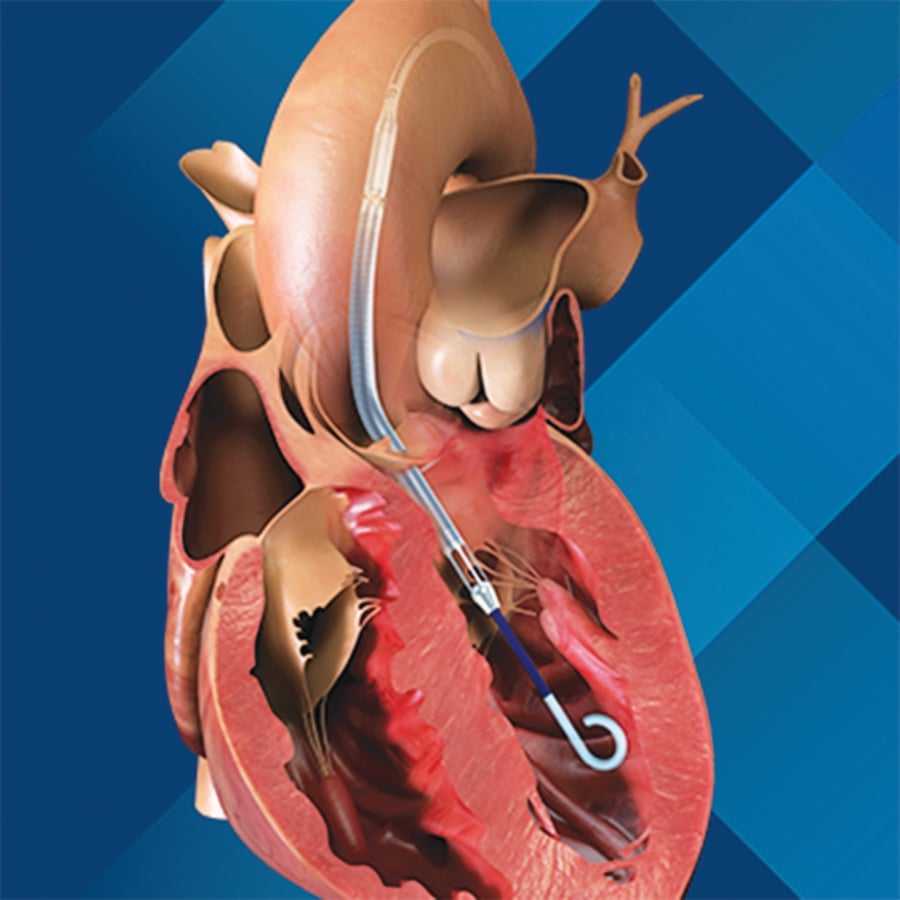CORONARY artery disease (CAD) is a situation exacerbated by poor diet and unhealthy lifestyle. Hypertension, diabetes, high cholesterol and obesity, combined with genetic predisposition, may also leave one more at risk of developing CAD.
Cardiac Vascular Sentral Kuala Lumpur (CVSKL) consultant cardiologist Datuk Dr Tamil Selvan Muthusamy says a persistent unhealthy pattern of living fuels blockages within the heart's arteries.
These blockages, known as CAD, tend to evolve and advance over the course of decades, ultimately leading to significant narrowing of the arteries.
This condition can manifest in varying degrees, categorised as mild, moderate, or severe blockages ranging from 70-100 per cent occlusion.
The presentation of CAD may vary significantly. Some patients may be asymptomatic for long periods, with the condition going unnoticed until a sudden rupture of a plaque causes blockage of the artery, leading to a heart attack.
The second presentation is characterised by stable angina, where patients experience symptoms only during exertion. These symptoms can be relieved when the patient is at rest. This condition may persist for many years without significant changes in severity or frequency.

TACKLING CAD
Dr Tamil Selvan adds that by and large, the incidence of CAD is higher in men than women, but this could be due to under-diagnosis. This may be related to social factors, where women may tolerate the pain and not seek medical attention; or in some, the symptoms are so atypical that it is not considered a cardiac-related problem.
Women of reproductive age are partly protected from CAD, thanks to higher levels of certain hormones, but this protection tapers off once they reach menopause, putting them at equal risk as men.
"However, in reproductive-age women with diabetes, this hormonal protection seems to be nullified, leading to CAD incidence that is as high or higher than men. Moreover, diabetes exacerbates the prognosis," adds Dr Tamil Selvan.
The prevention of CAD is paramount in public health. Effective strategies include managing diabetes, high cholesterol and hypertension.
Additionally, promoting lifestyle changes is crucial, with an emphasis on educating children on healthy living.

THE WAY FORWARD
Dr Tamil Selvan states that almost all patients with acute coronary syndrome will require intervention to unblock the artery. These individuals need to undergo angioplasty, a procedure that involves inserting "balloons" or "stents" to widen the artery.
However, some may require a coronary artery bypass graft (CABG). The degree of risk associated with these procedures varies depending on patient profile.
Older patients with co-morbidities such as diabetes, hypertension and heart failure, as well as those with complex coronary obstructions, tend to face higher risks during the procedure.
Advances in technology have led to development of new tools and techniques to minimise these risks.
One such innovation is a miniature heart pump, a device that provides mechanical support to the heart during a procedure known as protected percutaneous coronary intervention (PCI).
This device reduces the workload of the heart, giving cardiologists more time to safely work on these complex procedures while reducing the risk for the patient.
It is currently being utilised in a few selected centres within the region, including Malaysia and Singapore.

Dr Tamil Selvan emphasises that the use of this heart pump device can significantly reduce the risk of complications for high-risk patients.
While it does not eliminate the possibility of complications entirely, it provides a safer and more effective option for individuals, who may otherwise have limited treatment options.
Overall, the heart pump offers hope for high-risk patients by allowing them to undergo interventions in a timely and safe manner.
KKLIU 1313 / EXP 31.12.2026
Get the best supplements for your heart with iHerb voucher code.




